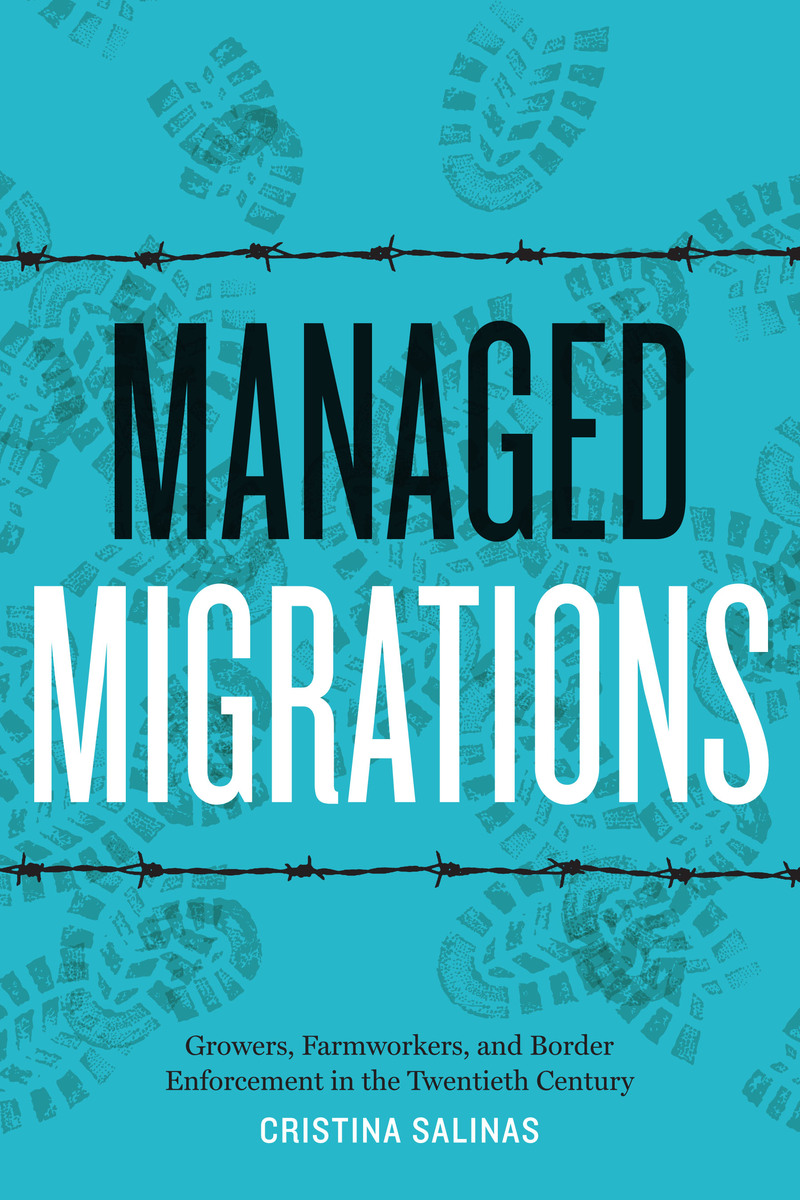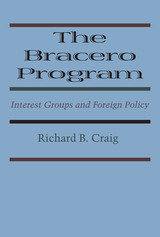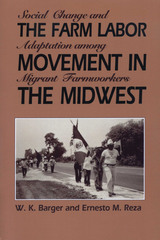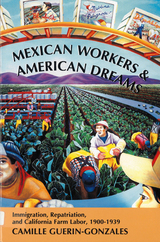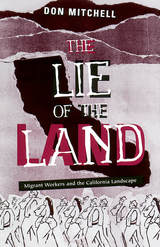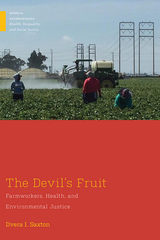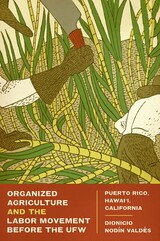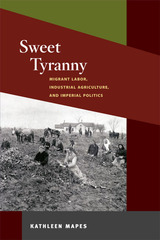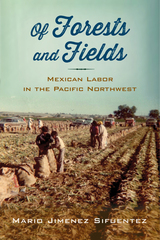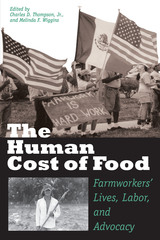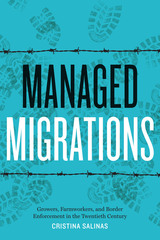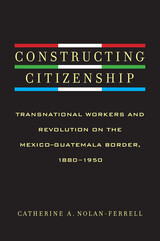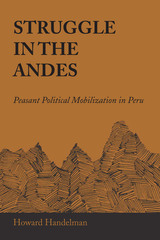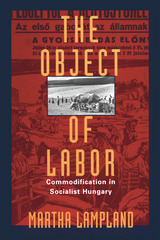[Managed Migrations] provides textured, engaging coverage of border labor issues…an engaging addition to the literature on labor and immigration at the Texas-Mexico border.
— Southwestern Historical Quarterly
Salinas offers up a worthy addition to the burgeoning literature on Texas….[Managed Migrations] makes deep analytical arguments about the connections between the South's system of labor immobility that derives from plantation agriculture and the West's free labor ideology rooted in mobility. Salinas's book ultimately shows how these two contradictory traditions combined in the Texas-Mexico borderlands.
— Journal of American Ethnic History
Managed Migrations provides a grounded history of Texas agribusiness in El Paso and the Rio Grande valley, and of its relationship to undocumented Mexican immigration and border enforcement…Managed Migrations will be deeply useful to historians of the U.S.-Mexico border and twentieth-century U.S. agribusiness and immigration. It will also be of value to anyone interested in the contemporary U.S.-Mexico borderlands--where border enforcement continues to manage labor and shape national politics.
— Journal of American History
Managed Migrations is a study as paramount as it is timely…Cristina Salinas delivers a profound study of the ways that US and Mexican federal, state, and local governments sought to manage workers' migrations, and she ensures that the first-hand experiences of migrant workers are at the center of her transformative storytelling...Managed Migrations is a must-read.
— Agricultural History
A splendid analysis of farmworker mobility in the US-Mexico borderlands…As lucid, interdisciplinary work, Managed Migrations should be prized by scholars of migrations, environments, and the carceral state…The book is comprehensive, beautifully crafted, and worth consideration by scholars across the discipline.
— H-Net Reviews
Managed Migrations is an important contribution to the literatures on Mexican immigration, the ethnic-Mexican diaspora, and the South Texas borderlands in that it brings a careful and nuanced view to what drove the migration system during the first half of the twentieth century. Workers, growers, and government officials are all given fair inclusion here. As such, Managed Migrations is a telling example of borderlands history, which focuses on what happens when people from different social groups or nation states come together and interact. Unfortunately, for the workers themselves the results seem overwhelmingly stark.
— Labor: Studies in Working-Class History of the Americas
Managed Migrations addresses the central question of how, against all the evidence of this dysfunctional and racialized migration and labor system, the blame has historically been placed on undocumented migrants rather than on those who created it, maintain it, and continue to benefit from the exploitation of migrants’ precarious status.
— American Historical Review
Managed Migrations is an accessible read for both undergraduate and graduate students and would fit well in courses on the US-Mexico border, immigration, and labor history. Given the ongoing criminalization of undocumented workers and growers’ use of these workers not just in South Texas, but across the nation, it should be required reading for immigration activists and policymakers. As a reader, it is my (perhaps, overly idealistic) hope that the stories Salinas tells will inspire dramatic, meaningful reform of immigration laws and enforcement.
— Middle Atlantic Review of Latin American Studies
An essential read if you want to understand how workers are managed by national (Mexico and US), state, and local actors.
— Five Books, "The Best Books on Migrant Workers"
Salinas provides an engagingly written study that immerses readers in the agriculturally powerful region of South Texas...Salinas shows how growers shaped immigration law, the Border Patrol, and influenced demands for seasonal agricultural labor...Managed Migrations is a strong contribution to recent historiographies of the U.S.-Mexico Borderlands, United States history, immigration history, Mexican American and Latina/o history, and labor history. The book offers a compelling narrative for both specialists and those unfamiliar with the subject.
— New Mexico Historical Review
Cristina Salinas offers an analysis of immigration policy from a bottom-up and granular perspective. This is unique in the field of immigration, in which many studies derive from a top-down dissection of institutions or laws. Her atomization of immigration policy and demolition of easy, universal assumptions about immigration policy are very compelling. They are also much needed in the current political context where misinformation and ignorance of historical fact continue to animate immigration policy.
— Carlos Kevin Blanton, Texas A&M University, author of A Promising Problem: The New Chicana/o History
Managed Migrations proposes new ways to look at labor, grower, and government interplay in developing a social system and workspace in South Texas's agricultural border region...While other historians have described the development of stable, segregated Mexican colonias within American communities before the 1970s, Salinas's unique contribution to the field is the description of a distinctive transborder farmworker community, an amalgam of social and work space that turned out to be fragile and dependent on highly local conditions.
— Journal of Southern History
